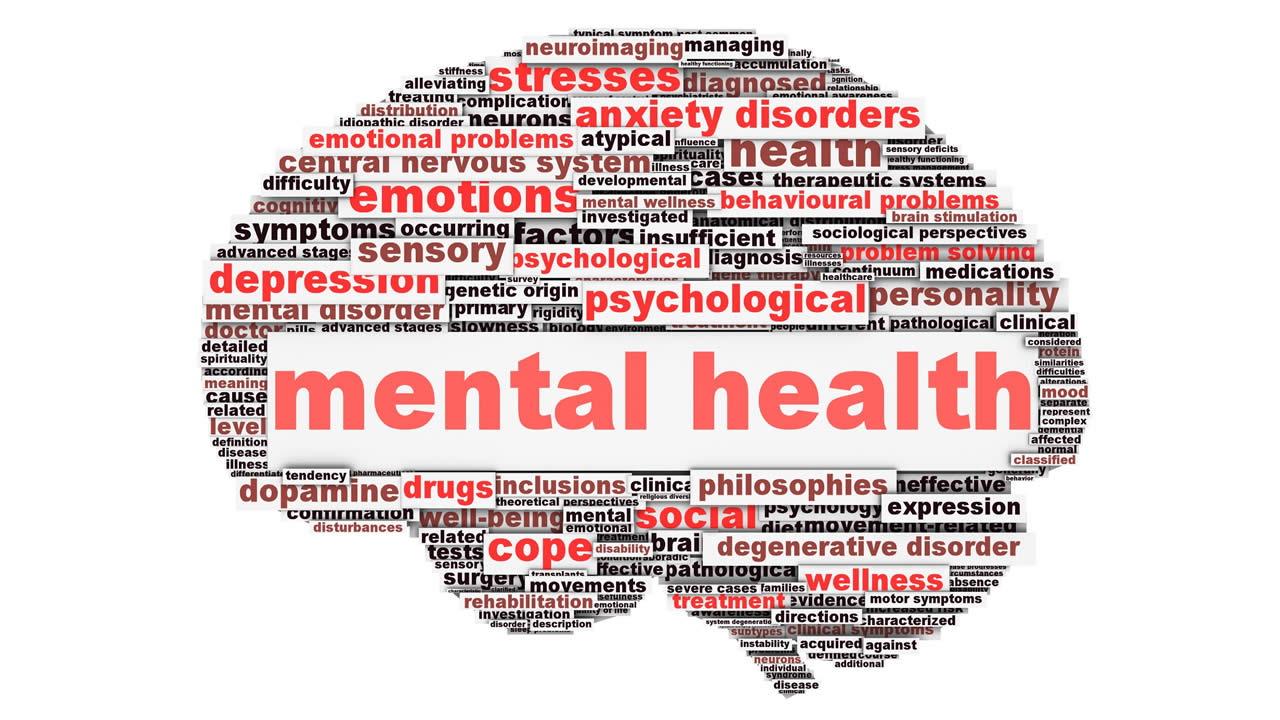
Dr Dhyaneswarnath Balkee, Practice and Research Nurse from UK at the Chisty Shifa Clinic Port Louis, shares with us his views on the mental health problem prevailing among our elderly. He trusts that by promoting mental health and detecting problems early, nurses and carers can help the elderly in achieving optimal satisfaction and function.
“Man has conquered space, yet we still do not understand, even today, the most intricate workings of the human brain. We certainly use only part of our mental capacity – the rest still remains in the sphere of research and conjecture. But as time goes on, we are beginning to understand how some mechanisms work and how to treat brain disorders. We then have to take a journey into the boundless universe of physical and chemical exchange which create intelligence, sensations, feelings and emotions as well as disorders and madness,” states Dr Dhyaneswarnath Balkee. The latter is a Practice and Research Nurse from the UK and working at the Chisty Shifa Clinic, Port Louis. He trusts that mental health is simply an explanation of the mind, leading to a greater understanding of ourselves.

Mental health problems among elderly
Dr Balkee trusts that mental health indicates a capacity to cope with and manage life’s stresses in an effort to achieve a state of emotional homeostatis. He talks about how the seniors who, despite having been through many experiences and having coped with issues are, however, vulnerable to mental illness. “The elderly have an advantage over the groups in that they probably have had more experience with coping, problem solving and crisis management by virtue of the years they have lived. Most older persons have faced decisions regarding what they are or what they are going to do. They know where they have been, what they have accomplished, and who they really are. The many losses and challenges of old age may exceed the physical, emotional and social resources of some persons and promote mental illness.”

For Dr Balkee, “by promoting mental health, detecting problems early and reviewing the impact of existing psychiatric problems, nurses and carers can help the elderly in achieving optimal satisfaction and function. Drastic changes in personality do not occur with age. Personality, attitude, morale and self-esteem tend to be stable throughout the life span; changes in these characteristics can be associated with health problems or reactions to life events, for example reduction in love, death of a loved one and retirement.” He explains that every comprehensive assessment includes an evaluation of mental status. “Because patients may be anxious, embarrassed or insulted by having their mental status reviewed, an explanation of the importance of and the reasons for it can prove useful. The evaluation should be approached in a matter of fact manner, not in an apologetic way or intimidating them, with reassurance that this evaluation is a part of every patient’s assessment. Making the patient comfortable and establishing rapport before the assessment can reduce some of the barriers to an effective examination.”
He underlines that good mental health practices throughout an individual’s lifetime promotes good mental health in later life. “To preserve mental health, people need to maintain activities and interests that they find satisfying. They need opportunities to prove their value as a member of society and to have their self-worth reinforced. Security through the provision of adequate in-house, safe housing, the means to meet basic human needs and support and assistance through stressful situations will promote mental health.”
Dr Balkee trusts that “nurses must recognize that there are times in everyone’s life when disturbance occur and alter the capacity to manage stress. The same principles guiding the case of physical health problems can be applied to the care of persons with mental health problems.”
To summarise the following, he states, it is the entire responsibility of one and to all to take into account seriously all these factors whenever caring for old mental patients: “Beneficence – to do good for patients, Non maleficence – to avoid harm to patients, Justice – to be fair and give patients the services they need, Fidelity – to respect our work and duty to patients and Autonomy – to respect patient’s freedom and rights.”
 J'aime
J'aime














